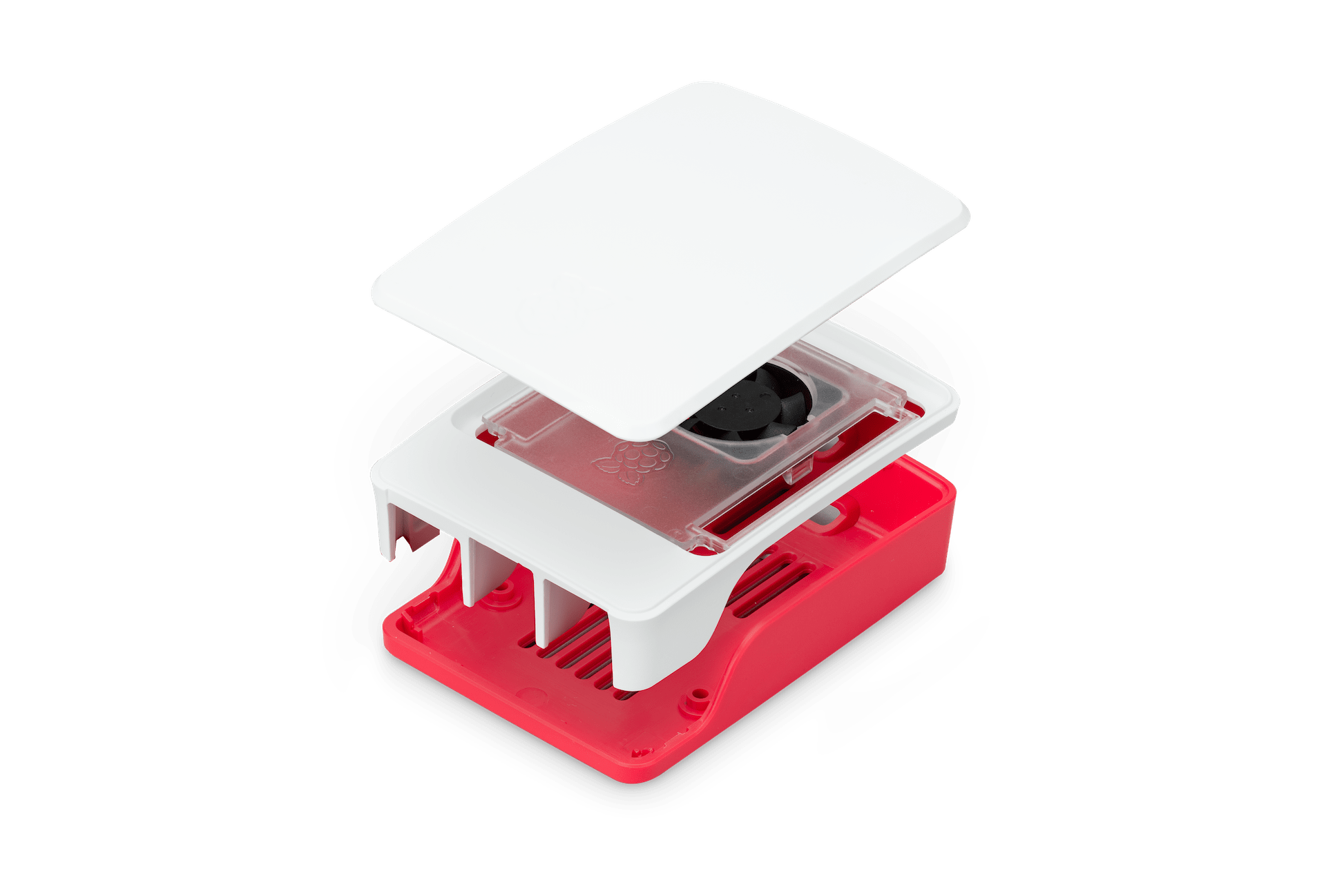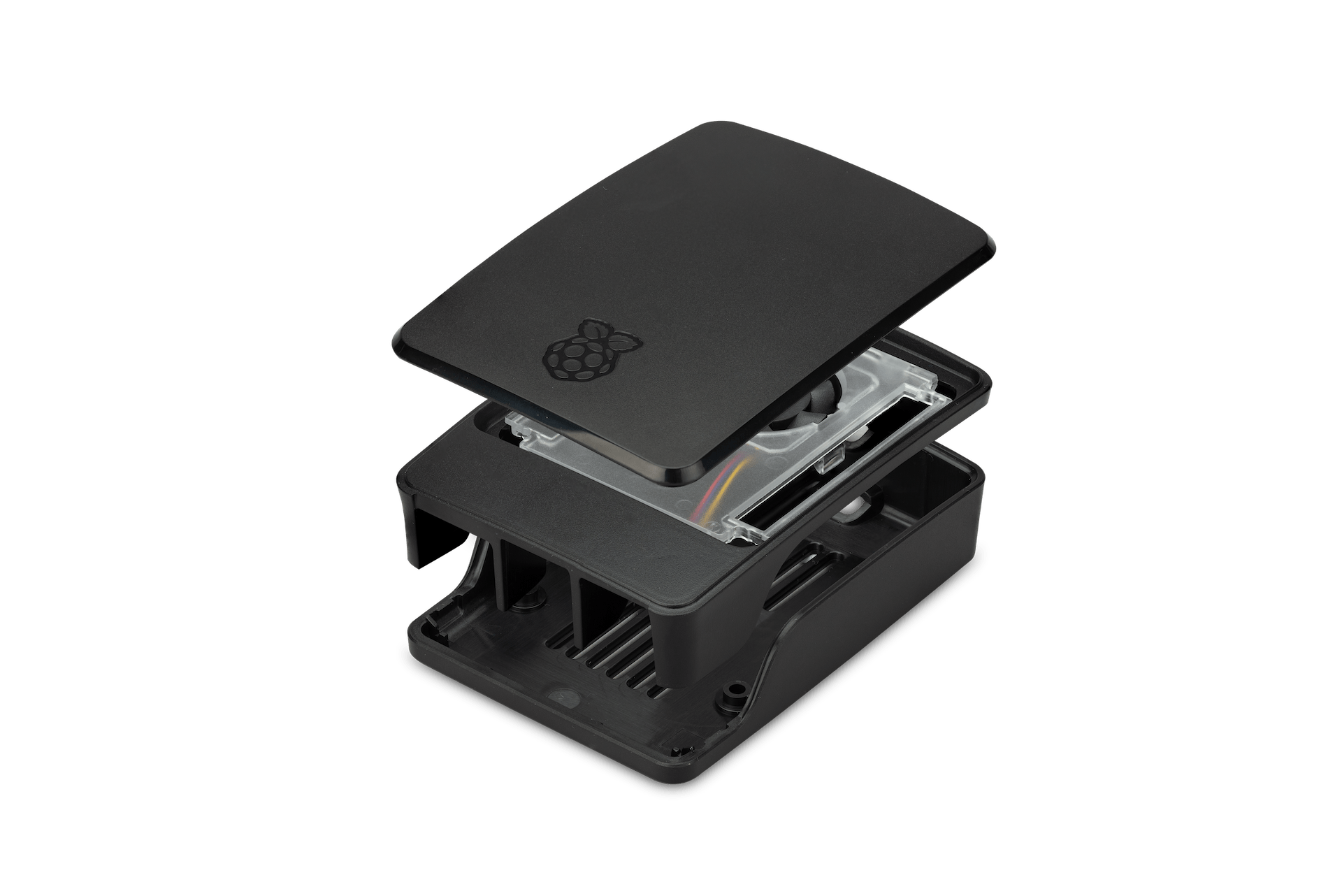Best RemoteIoT Platform For Raspberry Pi: Your Ultimate Guide
As the Internet of Things (IoT) continues to expand, the need for reliable remote IoT platforms has become more critical than ever. Raspberry Pi, a versatile and cost-effective single-board computer, has emerged as a popular choice for IoT enthusiasts and professionals alike. If you're looking for the best remote IoT platform for Raspberry Pi, you're in the right place. This comprehensive guide will walk you through everything you need to know to make an informed decision.
From setting up your Raspberry Pi to integrating it with cutting-edge remote IoT platforms, this article will provide you with actionable insights and expert advice. Whether you're a beginner or an experienced developer, understanding the best remote IoT platform for Raspberry Pi can significantly enhance your IoT projects.
Join us as we explore the top platforms, compare their features, and help you select the one that aligns with your needs. Let's dive in!
Read also:Girthmaster And Mia Z Exploring Their Impact In The Adult Entertainment Industry
Table of Contents
- Introduction to Remote IoT Platforms
- Raspberry Pi: An Overview
- Key Criteria for Selecting the Best Remote IoT Platform
- Top Remote IoT Platforms for Raspberry Pi
- Platform 1: Platform A
- Platform 2: Platform B
- Platform 3: Platform C
- Platform 4: Platform D
- Platform 5: Platform E
- Comparison of Key Features
- Use Cases and Real-World Applications
- Security Considerations
- Scalability and Future-Proofing
- Community Support and Resources
- Conclusion and Final Thoughts
Introduction to Remote IoT Platforms
Remote IoT platforms serve as the backbone of modern IoT systems, enabling seamless communication between devices, cloud servers, and users. These platforms provide essential functionalities such as data collection, processing, storage, and visualization. For Raspberry Pi users, selecting the right remote IoT platform is crucial for optimizing performance and ensuring scalability.
With numerous platforms available in the market, it can be overwhelming to choose the best one for your specific needs. Factors such as ease of use, compatibility, security, and cost play a significant role in the decision-making process. Understanding these factors will help you identify the platform that aligns with your project requirements.
In this section, we'll explore the fundamental aspects of remote IoT platforms and how they integrate with Raspberry Pi. By the end of this discussion, you'll have a clear understanding of why choosing the right platform is essential for your IoT success.
Raspberry Pi: An Overview
Raspberry Pi is a compact, affordable single-board computer designed to promote learning and innovation in technology. It has gained immense popularity among hobbyists, educators, and professionals due to its versatility and ease of use. The Raspberry Pi supports a wide range of programming languages and operating systems, making it an ideal choice for IoT projects.
Key features of Raspberry Pi include:
- Compact Design: The small form factor makes it easy to integrate into various projects.
- Cost-Effective: Affordable pricing without compromising on performance.
- Extensive Community Support: A vast network of developers and enthusiasts contribute to its success.
- Compatibility: Supports a wide range of sensors, actuators, and peripherals.
When paired with a reliable remote IoT platform, Raspberry Pi becomes a powerful tool for building innovative IoT solutions. In the next section, we'll discuss the key criteria to consider when selecting the best remote IoT platform for your Raspberry Pi projects.
Read also:How To Download And Utilize Remoteiot Vpc For Enhanced Connectivity
Key Criteria for Selecting the Best Remote IoT Platform
Choosing the right remote IoT platform involves evaluating several critical factors. These factors ensure that the platform meets your project requirements and provides long-term value. Below are the key criteria to consider:
- Compatibility: Ensure the platform supports Raspberry Pi and its associated hardware.
- Scalability: The platform should be capable of handling increasing data loads as your project grows.
- Security: Data security and privacy are paramount in IoT applications.
- Ease of Use: A user-friendly interface and comprehensive documentation simplify the development process.
- Cost: Consider both initial costs and potential long-term expenses such as subscriptions or licensing fees.
By evaluating these criteria, you can narrow down your options and select a platform that aligns with your goals. In the following sections, we'll explore some of the top remote IoT platforms for Raspberry Pi in detail.
Top Remote IoT Platforms for Raspberry Pi
Platform 1: Platform A
Platform A is a robust remote IoT platform designed specifically for Raspberry Pi users. It offers a wide range of features that cater to both beginners and advanced developers. Key highlights include:
- Real-Time Data Processing: Efficiently handles large volumes of data in real-time.
- Cloud Integration: Seamlessly integrates with popular cloud services like AWS and Google Cloud.
- Customizable Dashboards: Create visually appealing dashboards to monitor your IoT devices.
Platform A stands out due to its strong community support and extensive documentation, making it an excellent choice for Raspberry Pi enthusiasts.
Platform 2: Platform B
Platform B is another top contender in the remote IoT platform space. Known for its ease of use and flexibility, Platform B is ideal for those new to IoT development. Some of its standout features include:
- Drag-and-Drop Interface: Simplifies the development process with intuitive tools.
- Pre-Built Modules: Access a library of pre-built modules to accelerate development.
- Security Features: Implements advanced security protocols to protect your data.
With its focus on simplicity and security, Platform B is a reliable option for Raspberry Pi users looking to build secure IoT solutions.
Platform 3: Platform C
Platform C is renowned for its scalability and adaptability. Whether you're working on a small-scale project or a large enterprise solution, Platform C can handle it all. Key features include:
- Multi-Protocol Support: Supports a variety of communication protocols, ensuring compatibility with diverse devices.
- Advanced Analytics: Leverage powerful analytics tools to gain insights from your IoT data.
- Global Network: Access a global network of servers for optimal performance.
Platform C's versatility makes it a top choice for Raspberry Pi users seeking a scalable and flexible solution.
Platform 4: Platform D
Platform D focuses on providing a cost-effective solution for IoT developers. It offers a feature-rich platform without breaking the bank. Notable features include:
- Affordable Pricing: Competitive pricing plans suitable for both individual developers and businesses.
- Open Source: Encourages innovation through its open-source model.
- Active Community: Benefits from an active community contributing to its development.
Platform D is an excellent option for Raspberry Pi users looking for a budget-friendly yet feature-rich IoT platform.
Platform 5: Platform E
Platform E is a cutting-edge remote IoT platform that combines advanced technology with user-friendly features. It is designed to meet the demands of modern IoT applications. Key highlights include:
- AI Integration: Incorporates artificial intelligence to enhance data analysis capabilities.
- Edge Computing: Supports edge computing for faster data processing.
- Comprehensive APIs: Provides extensive APIs for seamless integration with third-party applications.
Platform E's innovative features make it a top choice for Raspberry Pi users looking to push the boundaries of IoT technology.
Comparison of Key Features
Now that we've explored the top remote IoT platforms for Raspberry Pi, let's compare their key features in a concise table:
| Platform | Compatibility | Scalability | Security | Cost |
|---|---|---|---|---|
| Platform A | High | Medium | High | Medium |
| Platform B | High | Low | Medium | Low |
| Platform C | High | High | High | High |
| Platform D | Medium | Medium | Low | Low |
| Platform E | High | High | High | High |
This comparison table provides a quick overview of the strengths and weaknesses of each platform, helping you make an informed decision.
Use Cases and Real-World Applications
Remote IoT platforms for Raspberry Pi have a wide range of applications across various industries. Below are some real-world use cases:
- Smart Home Automation: Control lighting, temperature, and security systems remotely.
- Industrial IoT: Monitor and optimize industrial processes for increased efficiency.
- Agriculture: Implement precision farming techniques using IoT sensors and analytics.
- Healthcare: Develop remote health monitoring systems for patients.
These use cases demonstrate the versatility and potential of remote IoT platforms when paired with Raspberry Pi.
Security Considerations
Security is a critical aspect of IoT systems, and it should be a top priority when selecting a remote IoT platform. Key security considerations include:
- Data Encryption: Ensure all data transmissions are encrypted to prevent unauthorized access.
- Authentication: Implement strong authentication mechanisms to protect your devices and data.
- Regular Updates: Keep your platform and devices up to date with the latest security patches.
By prioritizing security, you can safeguard your IoT projects and maintain user trust.
Scalability and Future-Proofing
As your IoT projects grow, scalability becomes a critical factor. A good remote IoT platform should be capable of handling increasing data loads and supporting additional devices without compromising performance. Consider the following:
- Cloud-Based Solutions: Opt for cloud-based platforms that offer scalable infrastructure.
- Modular Architecture: Choose platforms with modular designs for easy expansion.
- Future Technologies: Ensure the platform supports emerging technologies like 5G and edge computing.
Planning for scalability ensures that your IoT projects remain relevant and effective in the long term.
Community Support and Resources
A strong community and abundant resources can significantly enhance your IoT development experience. Look for platforms that offer:
- Active Forums: Engage with other users and developers to share knowledge and solve problems.
- Comprehensive Documentation

